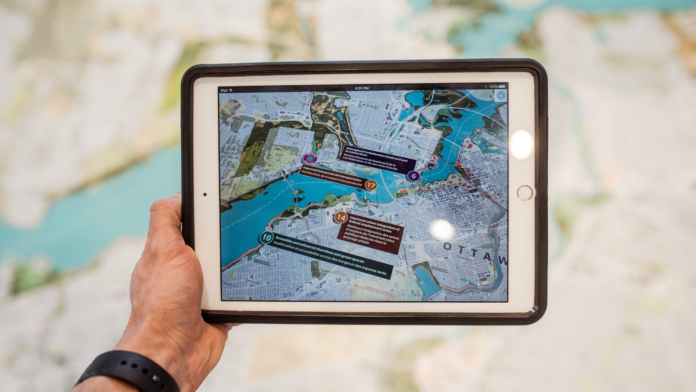For many, driving is part of everyday life. As we age, it can be an important way of maintaining mobility and autonomy. By monitoring subtle changes in driving style, a simple GPS tracker could help identify early-stage Alzheimer’s disease.
Worldwide, 50 million people are living with dementia. This number is projected to rise to 152 million by 2050, with 60 to 80% of cases attributed to Alzheimer’s disease (AD).
Scientists believe that subtle cognitive changes occur decades before noticeable symptoms and a clinical diagnosis. In the absence of a cure for AD, spotting these changes early could provide opportunities to slow disease progression and delay, or even prevent, more dramatic cognitive decline.
But identifying ‘pre-clinical AD’ without medical testing is not easy. Slight cognitive changes happening over long periods generally go unnoticed, but can affect complex behaviours such as spatial navigation and driving. While such changes might seem insignificant, measuring them as part of a regular activity could help identify pre-clinical AD before it progresses.
Knowing this, Sayeh Bayat, a PhD candidate in Biomedical Engineering at the University of Toronto, and a team of US and Canadian researchers set about testing whether in-vehicle GPS trackers could distinguish between drivers with and without preclinical AD.
The answer was an overwhelming yes.
The researchers installed GPS trackers in the vehicles of 139 cognitively normal older drivers from Missouri. The group of over-65-year-olds included 64 individuals with pre-clinical AD as determined by cerebrospinal fluid testing.
Having closely monitored the group for one year, the team identified driving characteristics linked to early-stage Alzheimer’s. Drivers with preclinical AD were more likely to drive with abrupt ‘jerky’ movements and at slower speeds. They also tended to make fewer trips at night, visit fewer destinations, and travel shorter distances.
With these data, the researchers designed a machine learning model that can correctly predict pre-clinical Alzheimer’s in 88% of cases, using just age and GPS data.
“How people move within their daily environments, ranging from the places they visit to how they drive, can tell us a lot about their health,” Bayat told BBC News. “Using these very few indicators… you can really, with very high confidence, identify whether a person has pre-clinical Alzheimer’s disease or not.”
As subtle changes are hard to detect, these data need to be gathered over long periods of time.
While larger and more diverse studies are needed, this low-cost, non-invasive approach has huge potential for identifying pre-clinical AD. In time, as treatments for early Alzheimer’s emerge, GPS tracking could inform treatment plans before significant cognitive decline occurs.








































